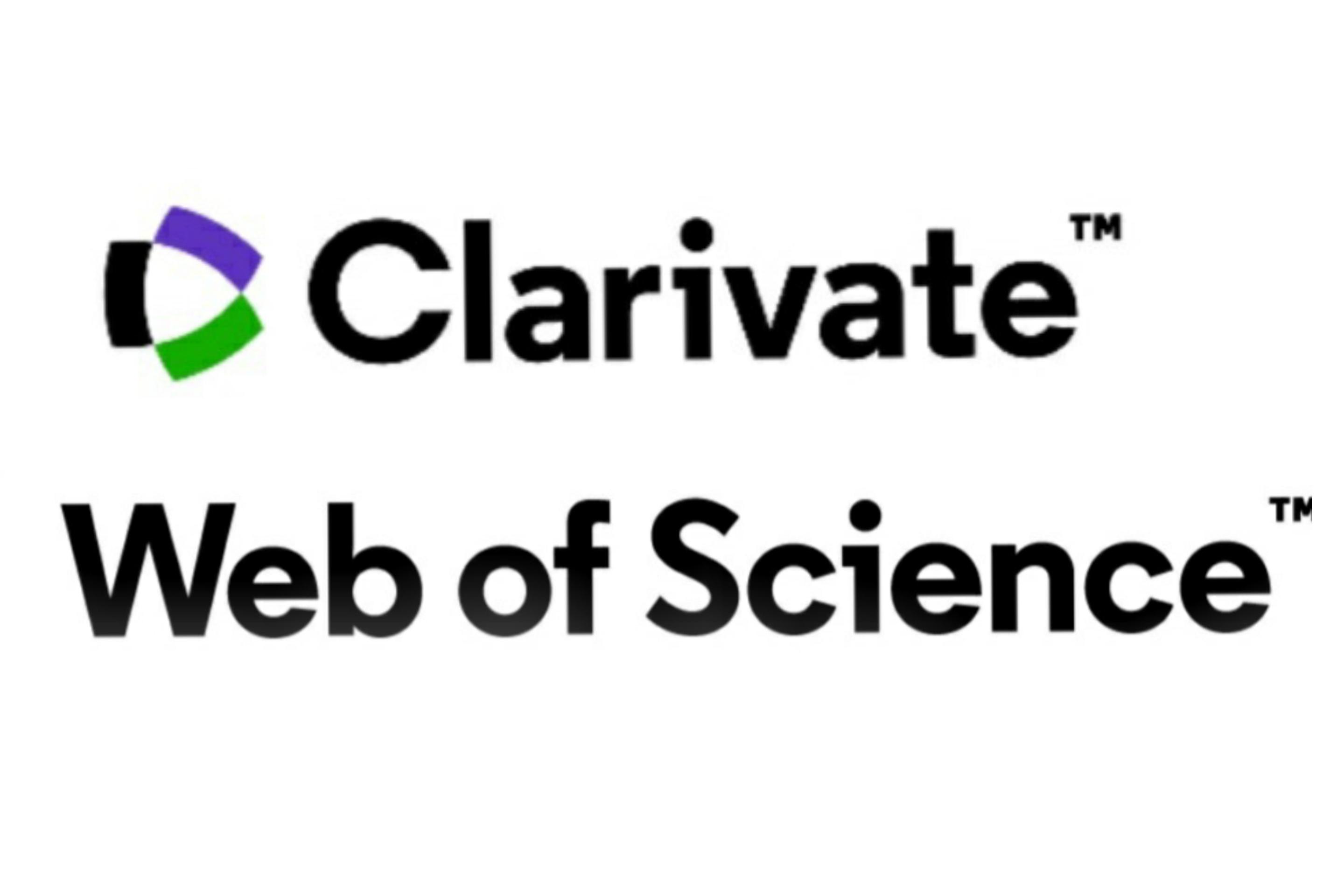Organization of the IWS on the course of physics under conditions technical university
DOI:
https://doi.org/10.26577/RCPh.2022.v83.i4.09Abstract
The article outlines ways to improve the organization of independent work of university students. Innovative education is the use of the latest information technologies in the entire didactic complex of information support for the subject. The innovative model of teaching physics in higher education includes methodologically structured information presented in the form of one of the types of the infosphere - a system of interrelated and interdependent textbooks and other means of educational activity (modular programs, electronic lectures, various methodological aids). In the new conditions of increasing the volume and strengthening the role of students' independent work in the educational process, students receive and master only methodological information at the appropriate level. To master the material on a regular basis, a student needs to work for months, and only a qualified teacher who knows the psychological characteristics of the learning process and owns the teaching methodology will help save the student's time by transforming the professional knowledge of teachers into educational knowledge.
The paper shows the types and stages of performing classroom, extracurricular IWS in physics, as well as ways to improve the efficiency and quality of students' educational work.
References
2. Nechaev, V.D., Verbitsky, A.A. (2010) Cherez kontekst – k modulyam: opyt MGGU im. M.A. Sholokhova. Higher education in Russia. [Through context - to modules: the experience of the Moscow state University. M. A. Sholokhova / V. D. Nechaev, A. A. Verbitsky / / Higher education in Russia] 6, 3-11 pp. (in Russian)
3. Mazhitova L.H., Nauryzbayeva G.K. (2010) On the problem of the formation of professionally-oriented competencies of undergraduate students of a technical college // Materials of the III Republican Scientific Practical Conference. рp. 74-76.
4. Baidenko, V.I. (2005) Kompetentnostnyy podkhod k proyektirovaniyu gosudarstvennykh obrazovatelnykh standartov vysshego professional’nogo obrazovaniya (metodologicheskiye i metodicheskiye voprosy): Methodicheskoe posobie / V.I. Baidenko – М.: Issledovatelskii centre problem kachestva podgotovki specialistov, M.: Issledovatelskii centre problem kachestva podgotovki specialistov. [Competence-based approach to the design of state educational standards of higher professional education (methodological and methodological issues): Methodical manual / V. I. Baydenko-M.: Research center for quality problems of training.], 114 p. (in Russian)
5. Khutorskoy, A.V. (2005) Tekhnologiya proyektirovaniya klyuchevykh i predmetnykh kompetentsiy. Retrieved from: Eidos Online Journal Access mode: http://eidos/journal/2005/1212.html [Technology of design of key and subject competences [Electronic resource] - Internet journal “Eidos” access Mode: http://eidos/journal/2005/1212.html (in Russian).
6. Bologna process: the search for a common European higher education systems (project TUNING) (2006). Pod nauch. red. prof. V.I. Baidenko. M., 211 p. [Bologna process: search for commonality of European higher education systems (TUNING project) / edited by dr. ped. s., prof. V.I. Baidenko] (in Russian)
7. Rossikhin, A.V., Izmagurova V.L. (2004) Lichnost v izmenennykh sostoyaniyakh soznaniya: v psikhoanalize i psikhoterapii. M.: Smysl, [Personality in altered States of consciousness: in psychoanalysis and psychotherapy. M.: Meaning], 554 p.
8. Verbitsky, A.A. (1991) Aktivnoye obucheniye v vysshey shkole: kontekstnyy podkhod. Method. guide. – Vyschaya shkola. p. 207 [Active learning in higher education: a contextual approach / / Methodical manual. – Higher school.] (in Russian)
9. Verbitsky, A. A. (2006) Kontekstnoye obucheniye v kompetentnostnom podkhode. Vysshayu shkola v Rossii, №11, 39-46 pp. [Contextual learning in the competence approach // Higher education in Russia. Higher education in Russia,] (in Russian).
10. Pedagogicheskiy slovar: uchebnoe posobie dlya studentov vysshikh uchebnykh zavedenii (2008) pod red. V.I. Zagvyazinsky, A.F. Zakirova, T.A. Strokova et al. M.: Publishing Center “Academiya”, [Pedagogical dictionary: textbook for students of higher educational institutions/ [V. I. Zagvyazinsky, A. F. Zakirova, T. A. Strokova, etc.]; edited by V. I. Zagvyazinsky, A. F. Zakirova. Moscow: Ed. center “ Academy»,] 352 p. (in Russian).
11. Khitryuk, V.V. (2014) Professionalnoye obrazovaniye, [Professional education] № 9, 127-130 pp. (in Russian).
12. Gustyakhina, V.P. (2009) Kontekstnyy podkhod v professional’noy podgotovke budushchikh uchiteley. Modern problems of science and education. M., [Contextual approach in professional training of future teachers // Modern problems of science and education. M.] № 2, 57-60 pp. (in Russian).
13. Verbitsky, A.A., Kalashnikov, V.G. (2011) Kontekst kak psikhologicheskaya kategoriya. Psychology Issues. [Context as a psychological category // Questions of psychology.] № 6, p. 9 (in Russian).
14. Verbitsky, A.A., Kalashnikov V.G. (2015) Ponyatiye «kontekst» v kategorialnom stroye psikhologicheskoy nauki. Pedagogy and Psychology of Education, [The concept of “context” in the categorical structure of psychological science // Pedagogy and psychology of education] №4, 90–99 pp. (in Russian).
15. Lavrentiev G.V., Lavrentieva, N.B., Neudakhina, N.A. (2009) Innovatsionnyye obuchayushchiye tekhnologii v professionalnoy podgotovke spetsialistov: an educational manual. Part 2. Barnaul: Publishing house of ASU, 18-28 pp. (in Russian).
16. Mazhitova L.H., Nauryzbayeva G.K. (2014) Information-activity training as a basis for organizing independent work of students // Vestnik AUPET. – Almaty, – no.3. рp.14-22.
17. Martin L. (2013) Developing entrepreneurial competencies-an action-based approach and classification in education. Licentiate Thesis, ISSN: 1654-9732. Report number L2013:070. © Martin Lackéus.
18. Verbitsky A. A. (2010) Kategoriya “kontekst” v psikhologii i pedagogike: monograph. M.: Logos, 300 p. (in Russian).
19. Verbitsky A.A. (2017) Teoriya i tekhnologii kontekstnogo obrazovaniya. – M. Moskovskii pedagogicheskii gosudarstvennyi universitet [Theory and technologies of contextual education. - Moscow: Moscow pedagogical state University] 268 p. (in Russian).













